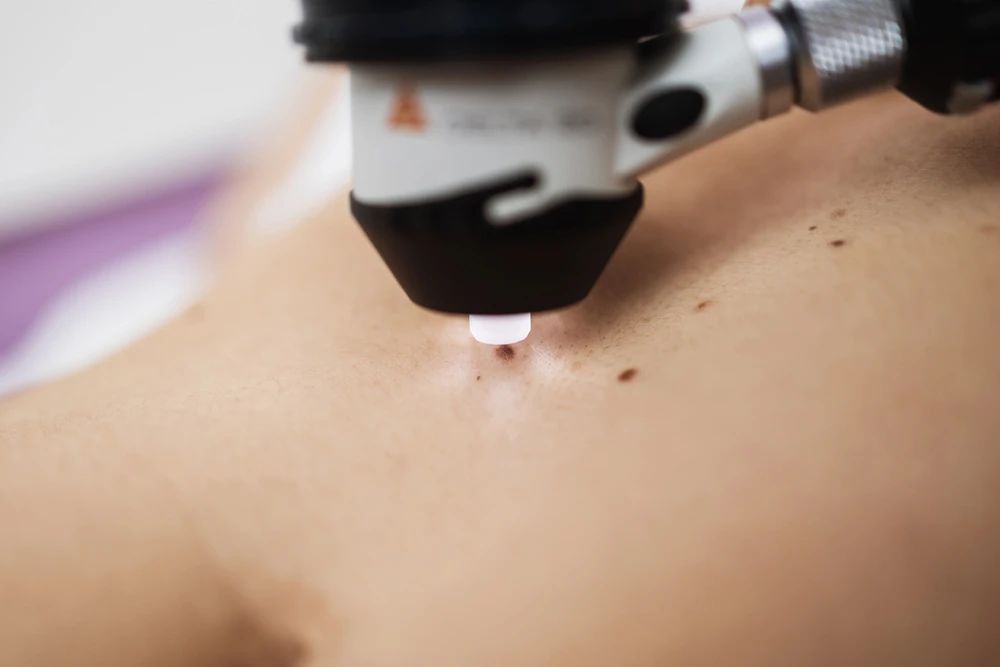Parkway Vaccination Clinic
The following vaccine information is sourced from Parkway Shanghai Hospital Vaccination Center. The vaccine information is based on the guidelines and recommendations issued by the World Health Organization, Shanghai Municipal Center for Disease Control and Prevention, and the packaging instructions of various vaccines.
For personalized medical advice and prescriptions, please schedule an appointment with a general practitioner, pediatrician, or gynecologist. You can also consult with our pharmacists to learn about the available vaccine types.
Vaccines are distributed by the CDC. If you require vaccination services at any of our Parkway hospitals or clinics, please contact us in advance to verify availability. If you are temporarily unable to access the needed vaccine services, you may consult with our general practitioner, pediatrician, or gynecologist for suitable alternatives.
Vaccination Introduction

-
Enterovirus Type 71 Vaccine
Enterovirus Type 71 Vaccine(Vero Cell) Recommendations: Enterovirus Type 71 Vaccine is licensed for use in children aged 6 months through 5 years.
Enterovirus Type 71 Vaccine Schedule:
2 doses series
Interval for doses is 1 month
Hand, foot and mouth disease is an infectious disease caused by a variety of viruses and characterized by blisters on the hands, feet and mouth. The patients are mainly children. Hand, foot and mouth disease usually has mild symptoms and can heal on its own; some patients are severe and can cause death. The viruses that cause hand, foot and mouth disease mainly include Cox virus, EV71 virus, etc. Severe hand, foot and mouth disease is mainly caused by EV71 virus and CoxA16 virus. Currently marketed EV71 vaccine can prevent hand, foot and mouth disease caused by the EV71 virus (accounting for 15% to 45% of all hand, foot and mouth disease), but cannot prevent hand, foot and mouth disease caused by other viruses.
-
Rotavirus Vaccine
Rotavirus Vaccine Recommendations: Rotavirus vaccine is routinely recommended for infants at age 6 weeks through 32 weeks.
Rotavirus Vaccine Schedule:
The vaccine should be administered orally
3-dose series for RV5 vaccine
May be started as early as age 6 weeks through 12 weeks
Minimum interval between doses is 4 weeks
Maximum age for third dose is 32 weeks
No rotavirus vaccine should be administered to infants older than 32 weeks
Rotavirus is a major cause of severe dehydrating diarrhea in infants and young children. The World Health Organization estimates that approximately 220,000 children under the age of 5 worldwide died from rotavirus infection in 2013, accounting for 37% of all diarrheal deaths. A person can be reinfected many times throughout his or her lifetime, but symptomatic infections are mainly concentrated in infants and young children under 2 years old.
Rotavirus vaccination is an effective way to prevent rotavirus diarrhea.
-
23-valent Polysaccharide Vaccine
23-valent polysaccharide vaccine Recommendations:
All adults age 50 years or older
Persons age 2 years or older with certain conditions
PPSV23 is not recommended for children younger than age 2 years
23-valent polysaccharide vaccine Schedule:
1-dose series
A booster shot for certain conditions after 5 years of first dose.Your health care provider can give you more details.
Pneumococcal pneumonia is caused by pneumococcal bacteria and spreads through the respiratory tract. Typical symptoms include sudden onset, chills, high fever, chest pain, cough, and rust-colored sputum. When some elderly patients, chronic diseases or patients with weak immune function become ill, most of them are in critical condition and can be complicated by sepsis, purulent meningitis, pericarditis, empyema and toxic pneumonia.
Pneumonia vaccination is an effective way to prevent pneumococcal pneumonia.
-
13-valent Polysaccharide Vaccine
13-valent polysaccharide vaccine Recommendations: All children age 6 weeks through 59 months should routinely receive PCV13
13-valent polysaccharide vaccine Schedule:
3-dose primary series at age 2, 4, and 6 months
Booster at age 12 through 15 months
Minimum age for dose 1 is 6 weeks
Minimum interval for doses is 4-8 weeks
Unvaccinated children age 7 months or older require fewer doses
Pneumococcus is the most common cause of invasive diseases, including bacteremic pneumonia, meningitis, sepsis, and bacteremia, as well as pneumonia and upper respiratory tract infections. Pneumococcal disease can cause sequelae such as paralysis, mental retardation, epilepsy, and deafness. Approximately 476,000 children under the age of five die from pneumococcal diseases worldwide each year, ranking first among vaccine-preventable disease deaths.
Vaccination with the 13-valent pneumococcal polysaccharide conjugate vaccine is an effective means of preventing pneumonia and other invasive diseases caused by the serotypes contained in the vaccine.
-
Zoster Vaccines
Zoster Vaccines RZV(Shingrix) Recommendations: Adults age 50 years or older
RZV(Shingrix) vaccine Schedule: 2-dose series at 0, 2–6 months
Herpes zoster is an infectious skin disease caused by the reactivation of the latent varicella-zoster virus in the body. In addition to skin damage, it is often accompanied by neuropathic pain, which seriously affects the patient's quality of life. Older adults and people with immunocompromised illnesses are at higher risk of developing shingles.
Zoster vaccine is an effective way to prevent shingles.
-
Rabies Vaccines (Pre-exposure prevention)
Rabies Vaccines Recommendations(Pre-exposure prevention): People with a higher risk for rabies exposures, such as those who work with potentially infected animals.
Rabies Vaccines Schedule:
3-dose series given on days 0,7,21 or 28
Depending on your level of risk, you may be advised to have one or more blood tests or receive a booster dose within 3 years after the first 2 doses. Your health care provider can give you more details.
Rabies is a viral infectious disease, and the source of infection is mainly animals such as dogs and cats. People are infected by bites or skin scratches from infected animals, and are mainly spread through saliva. Humans are generally susceptible to rabies virus, and hunters, veterinarians and animal keepers are more susceptible to infection. Rabies is usually fatal if you are not vaccinated before or after infection. Those at risk of rabies virus exposure should be vaccinated according to the pre-exposure vaccination schedule. Vaccination with rabies vaccine can stimulate the body to produce immunity against the rabies virus to prevent rabies.
























